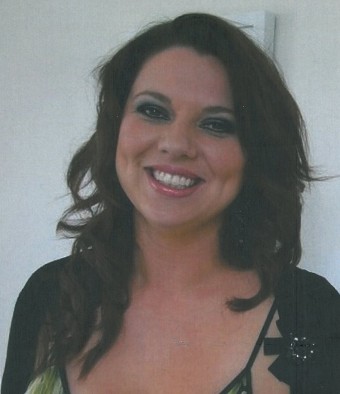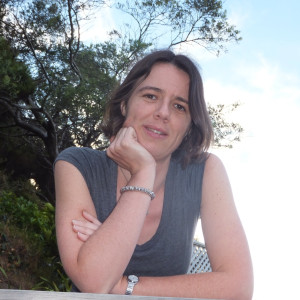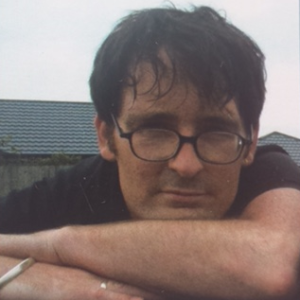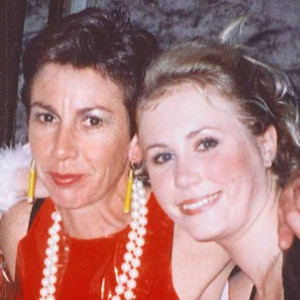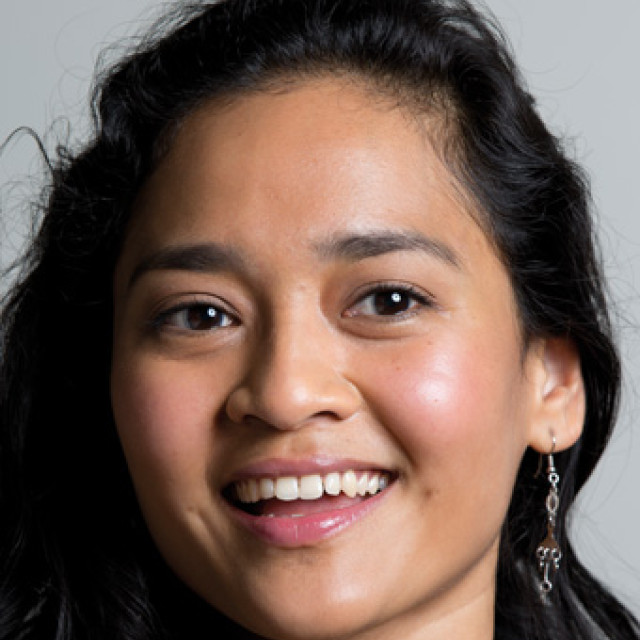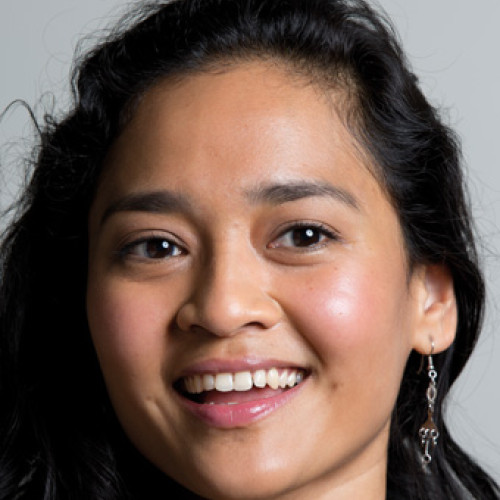“She was always a girl who had determination and her progress was amazing,” said Trish.
Tragically, after an encouraging six months, the treatment stopped working. But even though Christine knew she wasn’t very well, she travelled to Samoa for an extremely special week-long holiday with 12 of her friends.
“Christine could get travel insurance for her luggage but she certainly wasn’t able to get medical insurance to travel,” laughs Trish. “She went anyway.” Christine loved travelling and in the past had visited Australia, New Caledonia, USA, Fiji and Vanuatu.
By March Christine told Trish that she knew her body and that the medication had stopped working and on April 24, Christine, aged 33, died in her mother’s arms in hospital.
Trish had spoken about donation with her daughters from an early age and they all knew that one another would like to be a donor, should they ever be in a situation where this was possible. “I believe that the butterfly has gone from the cocoon. I saw the life go from Christine’s eyes and I knew that if she could help another person that is what she would want.”
Christine was on the Liverpool Care Pathway and her wish to be a donor was indicated on this. After a referral to Organ Donation New Zealand, Trish met with donor co-ordinator Janice Langlands. “I wanted so much to donate something of Christine. I was hopeful that she was able to donate her eyes as I was aware that cancer prohibited organ donation. Janice confirmed that eye donation was possible if that’s what Christine and our family wanted.”
“Three days before she died I told her she was able to donate sight to others and she smiled. She always wanted to help people. She was a giving girl right up to the end when she donated her eyes.”
Christine had also discussed her willingness to be donor with her friends a couple of weeks prior to her death.
Eight years ago Christine spent a day as a blind person for a documentary. Black contacts were put in her eyes and she had to navigate her way around Newmarket, Auckland using a white cane. According to Trish, Christine said that was the most difficult thing she had done and she never wanted to lose her sight. “She said to me, ‘Momma, out of all my senses to lose, I would hate to go blind’ and this has always stuck in my mind.”
The family have always donated to the Fred Hollows Foundation, a foundation who restores sight to people in the Pacific Islands and Timor-Leste where four out of five people who are blind don’t need to be.
Both Trish and Karen remain positive about donation and were pleased their family was given the option. At Christine’s funeral, or 'Going Away Party' as it was titled, Trish spoke about Christine as being a gentle spirit with a sweet smile and a kind heart. She was born at Middlemore Hospital in Auckland and was a determined, inquisitive child who loved animals. She was a diligent student and was hard-working and respected in her career, most of which was in recruitment.
Christine was also “the ultimate thrill seeker” and in her 33 years had done a parachute jump, bungee jumped off the Auckland Harbour Bridge and Sky City Tower and black water rafted. On the day of her funeral, Christine and Trish were booked in to go up in a hot air balloon, something Trish completed a few weeks later with close friend Theresa.
Ultimately Christine was a thoughtful, caring young woman and Trish knows she was so pleased to be able to help others in her death. “We are so grateful we were able to help somebody – the fact Christine could help four people is amazing. Often we take our vision for granted but what better gift could you give?”
Although most people with cancer cannot donate organs, they can in many cases still donate their eye tissue.
Currently around 300 people require a corneal transplant each year; nearly 50% of these are performed for patients with keratoconus, a condition where the cornea becomes cone shaped distorting vision.
Tissue donation, including eyes (corneas and sclera), heart valves and skin, can occur in most circumstances when people die, whether it is at home, in hospital or in a hospice. Cornea retrieval operations can also take place at a funeral home.
